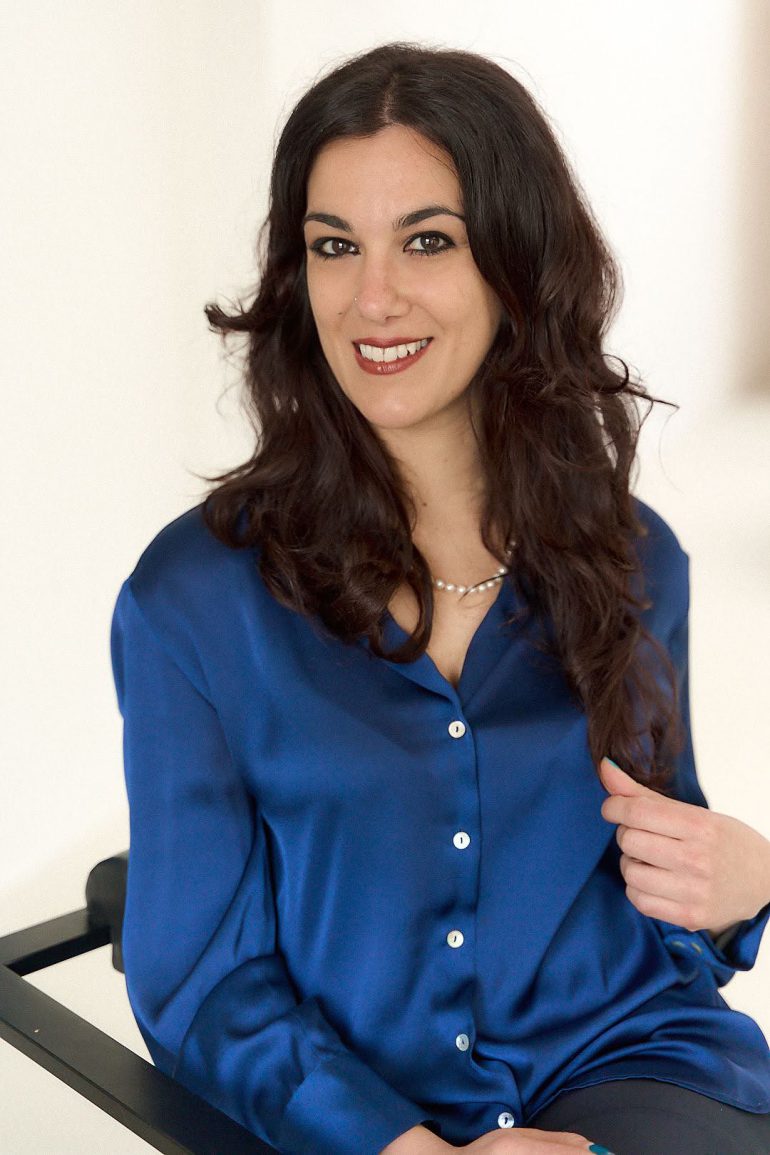If you spend time in the Netherlands, you might notice something curious: Dutch parents seem incredibly relaxed. Their kids ride bikes to school in the rain, play outdoors for hours without constant supervision, and go to bed by 7:30 or 8:00 p.m. sharp. To outsiders, especially those from cultures where childhood is a lot about spoiling the kids, this can look a bit strange. But here’s the twist: Dutch children consistently rank among the happiest in the world.
So, what’s their secret? It’s not high-tech gadgets, expensive schools or a packed schedule of extracurricular activities. It’s something much simpler: balance and trust.
Dutch parents believe children should grow up in a calm, predictable environment. Life in the Netherlands tends to follow a steady rhythm: school, play, family time, rest. This consistency helps children feel secure and grounded. From an early age, they are encouraged to take small steps toward independence. Primary school starts at age four, and even then kids are given tasks to manage on their own. Do you know some schools have a test for tying shoelaces? They also have to learn to using the bathroom independently and finishing lunch within a set time. These small moments teach self-reliance and responsibility without pressure.
Weekends, particularly Saturdays, reflect the same balanced philosophy. Many families dedicate time to sports or outdoor activities, but there’s always room for relaxation. Dutch parents value downtime and simple pleasures like baking together, visiting grandparents or going for a bike ride as a family. Even birthdays follow a stress-free formula: a homemade cake, a few balloons, close family and friends. There’s no obsession with picture-perfect decorations or over-the-top parties designed for social media. What matters is connection, not perfection.
When I talk about trust, I also mean freedom. Dutch parents trust their children to make decisions, express opinions and explore their surroundings safely. It’s common to see young kids biking to school alone or visiting a friend’s house without constant parental supervision. Rather than viewing this as risky, Dutch parents see it as empowering. They believe that trust builds confidence, and that independence is a vital ingredient in growing up happy and capable. This approach works partly because Dutch society is structured around community and safety. The infrastructure supports families: there are bike lanes everywhere, safe crossings and neighbours who look out for each other. Freedom doesn’t feel reckless; it feels natural.
Then there’s emotional openness, another cornerstone of Dutch parenting. Dutch families talk about feelings openly and matter-of-factly. Emotions aren’t dramatized or dismissed; they’re acknowledged and discussed. Parents listen when children are upset, but they don’t rush to fix everything instantly. Instead, they teach kids to understand their emotions and express them calmly. Dinnertime conversations often include honest discussions about what went well and what didn’t during the day. The result? Children who feel heard, respected and emotionally secure.
To outsiders, this parenting style might look puzzling. Visitors might wonder how Dutch parents stay so calm when a child throws a tantrum in public or insists on biking through the drizzle without a complaint. But that calmness is exactly the point. By not overreacting, parents show children that emotions – even messy ones – are normal and manageable.
Maybe the Dutch are onto something. By keeping life simple, steady and full of small, meaningful routines, they’re raising children who are confident, content and kind. Kids learn that happiness doesn’t come from getting everything they want, but from feeling secure in who they are.
So next time you see a Dutch family cycling together, smiling in the rain, remember this: happiness doesn’t need to be taught through grand gestures or strict rules. It can be nurtured in everyday moments – in trust, freedom and time spent together. In the Netherlands, that’s not just a parenting style. It’s a way of life.
Written by Rossella Davì
goingexpat.info
